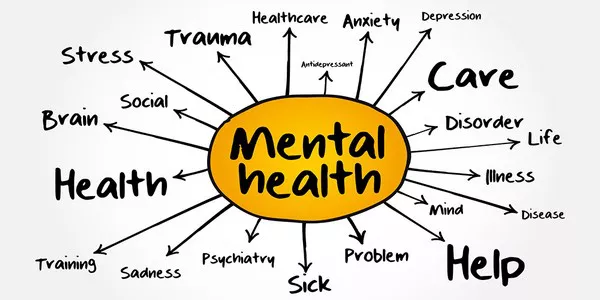King County Faces Ongoing Mental Health Challenges Amid Funding Shortfalls.
King County, much like many regions across the nation, grapples with an underfunded and overstretched behavioral health system, leaving both those in crisis and the general public at risk.
A recent analysis by The Seattle Times has revealed that over the past two years, mental health facilities in King County have had to turn away 25% of individuals seeking treatment. These rejections occur for various reasons, including instances of physical aggression or severe illness, requiring acute care.
This predicament underscores the formidable challenge confronting policymakers, healthcare providers, families, and individuals in need of mental health support. The situation is further complicated by the fact that counties have filed a lawsuit against the state, alleging a failure to provide adequate care for patients in state institutions like Western State Hospital. This legal action follows closely on the heels of a federal judge imposing a $100 million fine on the state for breaching a settlement related to the care of patients transitioning from county jails.
In light of these pressing issues, addressing the immediate and long-term mental health crisis demands a comprehensive strategy that encompasses leadership from the governor, the Legislature, and local jurisdictions.
While King County’s Crisis Care Centers Levy, approved by voters in April, will contribute to addressing some behavioral health needs, it won’t commence collection of the $1.2 billion it’s projected to generate over nine years until the following year. Moreover, the five planned crisis centers, each with approximately 20 beds, are not expected to be fully operational until 2026.
While supporting the measure, The Times editorial board cautioned against an overemphasis on short-term care centers that could divert attention from more permanent solutions.
Staffing shortages are another significant factor contributing to the 25% rejection rate in King County. Some mental health facilities report staffing levels as low as 50%, with ongoing shortages of therapists, nurses, and certified nursing assistants. Additionally, support staff salaries are often on par with those in the retail and fast-food industries.
A portion of the county levy’s $1.2 billion will be allocated to apprenticeships and expanding access to higher education for healthcare workers. It is imperative to raise salaries for critical positions in short supply. Creating incentives such as paid internships and fostering collaboration between high schools and community colleges can encourage more individuals to pursue careers in mental healthcare.
The closure of Cascade Behavioral Health Hospital, which resulted in the loss of 137 inpatient beds, adds to the challenges. Although the state purchased the facility with plans for reopening, it intends to house patients from Western State Hospital rather than those voluntarily seeking treatment.
The mental health landscape in King County is marked by complex legal actions, bed shortages, workforce deficiencies, and public safety concerns. It is imperative for all stakeholders to unite and commit their efforts to support those who often find themselves unable to help themselves.


